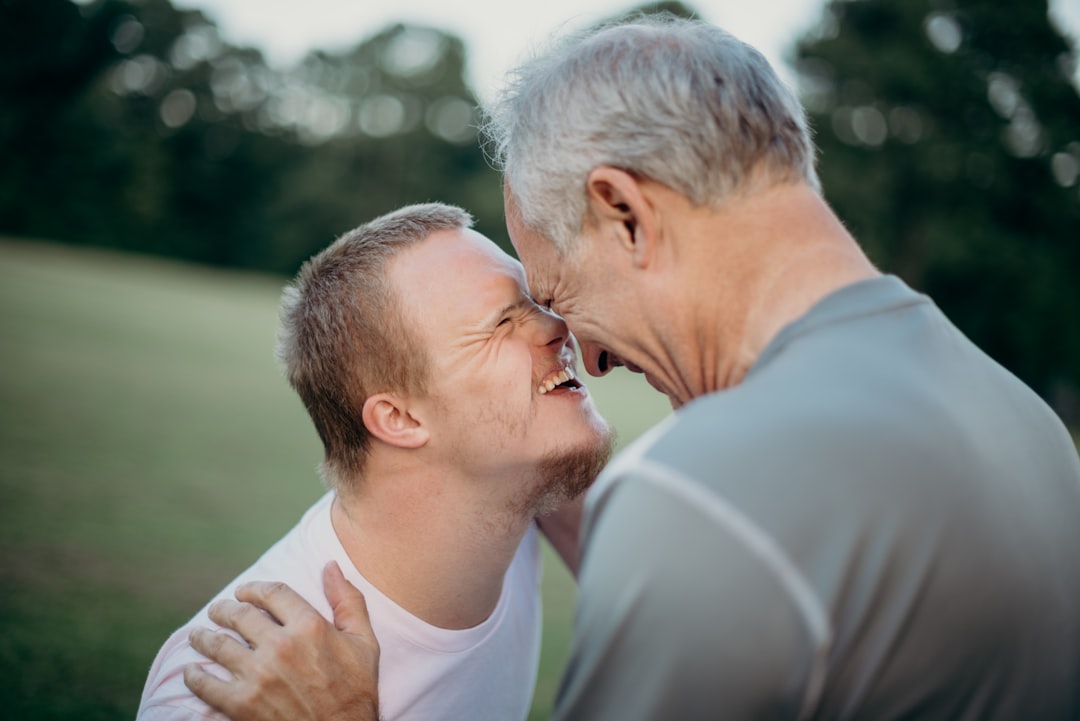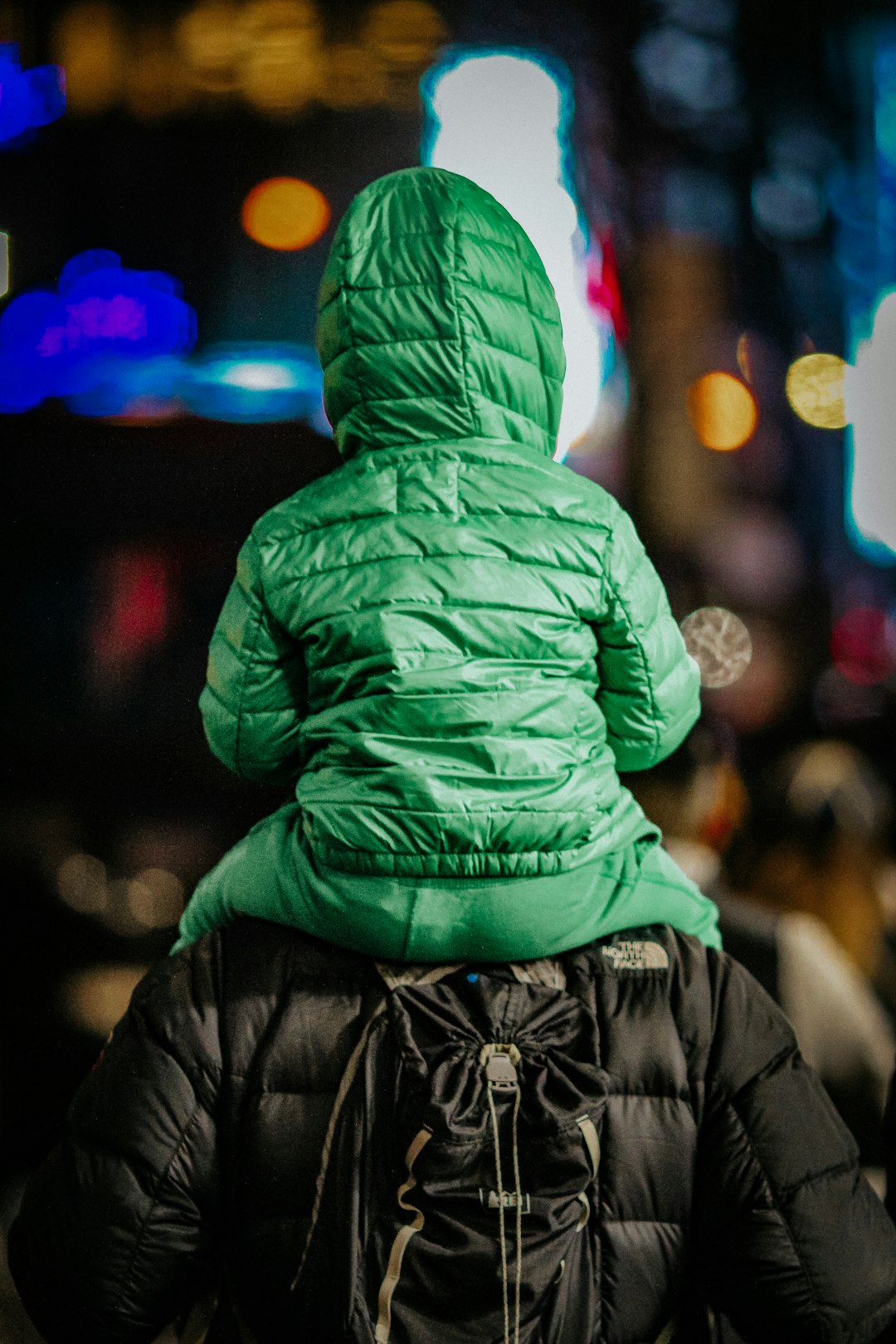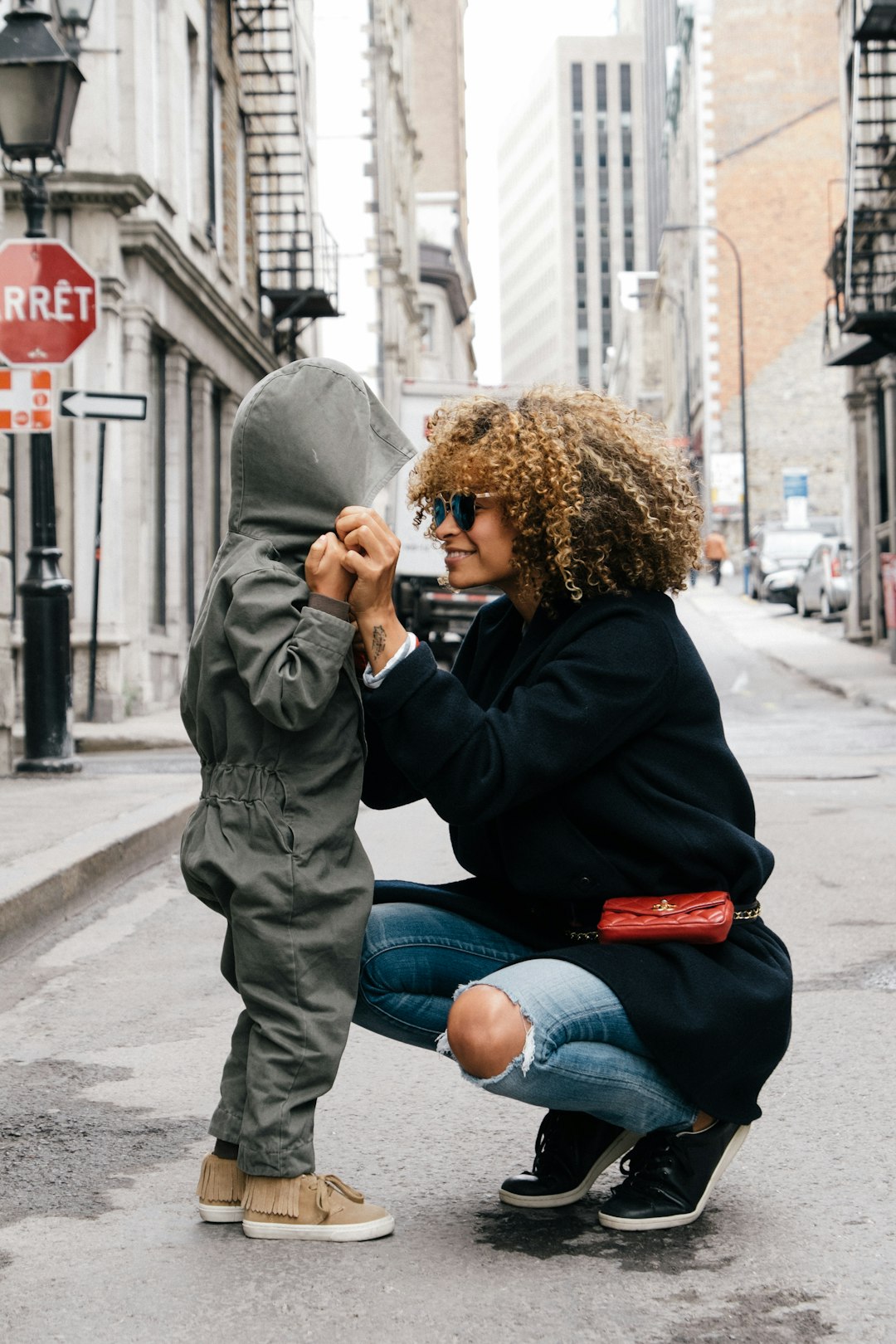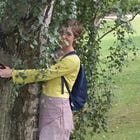Fathering
Old school legacies and an emerging narrative with countless possibilities

Hello Matterhorn readers! We’re in the third week of looking at parenting from a cultural studies and arts perspective. Apologies that due to other parts of this project, I haven’t had the time to dive into the literature in detail this week. I hope the ideas will grow through your own investigations. Thanks for being here! -Kate
The literary father
Besides my own relationship with my father and that of my parents with their fathers as well as my son’s with his father, I first think of fatherhood in terms of legacies of patriarchy. Many years of literary study have perhaps formed my ideas as such:
Hamlet — seeking vengeance in the name of one’s father for a thrown (generically, any position) one does not really want to have, continuing a cycle of performance, greed, and violence one had tried to escape through physical departure and studying philosophy (in fact, three sons in the play are seek revenge in the wake of their fathers’ deaths)
Pride and Prejudice — fathers can be lovingly caring and woke when it comes to the fate of their daughters (The Austen Connection takes a look at other Austen dads)
A Tale of Two Cities — many types of fathers here; Dr. Manette is a heroic political prisoner…legacies of fathers and sons perpetuate the aristocracy’s atrocities in pre-revolutionary France…and we witness the terrible, vengeful grief of Gaspard whose child dies as a consequence of the stupid haste of the Marquis, famous for eating his chocolate (chapter VII).
Black Boy — what father abandonment means to a gifted writer
Star Wars — the late discovery of who one’s surprise father might be and how that might make one question their own inner potential for evil; can we escape our genes? Are legacies passed down through nature or nurture? Can you deny where you come from? Luke’s response to “I am your father” is “No, no, no…that’s not true…that’s impossible!…NOOOOOO!!!!!!!”
An evolving narrative
And there are other wonderful films looking at more literal and realistic fathers, such as those in the 1980s that challenged the status quo. Kramer v. Kramer reminded us that a dad might want custody of his kids. Three Men and a Baby offered a look at community parenting — a surprise baby on the doorstep that happens to be a child of one of three bachelor-roommates ends up being raised by all of them along with, eventually, the actor-mom who comes back and needs their help if she is to continue acting. Why not?
There have been others: Fatherhood, The Pursuit of Happyness, Like Father, Like Son (above trailer, try not to cry!). Here’s a handy list of films about fatherhood put together by IMDB. Number 1 - To Kill a Mockingbird - and Number 3 - The Godfather - both great films with a lot to think about in terms of morals and ‘fathers in society’…but of course both paint fatherhood in very different ways.
Harper Lee’s story and the father Atticus played by Gregory Peck in the Robert Mulligan film is a truth seeker, someone who is a patient and caring single father who gives his children a lot of independence while also trying to ‘father’ a community against racism and ostracizing people who are different (Boo Radley). Lee’s book is also on many lists of great tales of fathers, including this one from Mashable with several contemporary works.
Francis Ford Coppola and Mario Puzo’s The Godfather also focuses on the father role, but through its exploration of ideas about legacy (not unlike Hamlet) exposes the problem with this tradition of patriarchal power within families. As Jack Walters explains in “The Godfather: The Father, The Son, and The Family Legacy”:
The trilogy explores the unbearable weight that is placed upon Michael’s shoulders as he attempts to uphold his father’s legacy whilst maintaining his own personal life and marriage – all whilst a silent war rages throughout New York City between the other powerful families that oppose him. But whilst the protection of his family legacy is Michael’s primary motivation, The Godfather also examines how this twisted ideal of family ultimately becomes the Corleones’ fatal flaw.
In the last few years, I’ve seen some really beautiful literature about fathers. George Saunders’ Lincoln in the Bardo imagines President Lincoln’s reaction to the death of of his son and paints a beautiful depiction of his love for the child. Hamnet likewise imagines the reactions of Shakespeare to his son’s death, suggesting implicit reasons for nuances of tales like Hamlet.
Ta-Nehisi Coates’ Between the World and Me is a letter to his son with advice on becoming a man and specifically on being a Black man in America. He starts by talking about violence against Black men, clearly warning his son, but also immediately in the frame offering that this book is about rising above rather than fighting against:
Resent the people trying to entrap your body and it can be destroyed. Turn into a dark stairwell and your body can be destroyed. The destroyers will rarely be held accountable. Mostly they will receive pensions. And destruction is merely the superlative form of a dominion whose prerogatives include friskings, detainings, beatings and humiliations. All of this is common to black people. All of this is old for black people. No one is held responsible.
It’s a gorgeous book with many lessons. Coates, famous for writing Black Panther, has had a varied career thus far. His novel The Water Dancer is also one of my favorites.
Advice on the internet
Speaking of advice, let’s look at what’s out there specifically for dads. I mentioned advice on the internet a couple weeks ago in relation to my ‘mom journey.’ Sometimes it can feel really exclusionary as well.
There’s loads of advice and websites devoted specifically to dads now, but it’s still in great minority to ‘mom advice.’ While a lot of parenting issues may be the same for all parents, no matter what you call yourself, the support and advice out there has historically been largely, marketed at least, for moms. So it’s great to see these aspects diversified even if a lot of the elements are not gender or ‘parent role; specific.
Here are a few of these examples:
The Dadditude app - for mental health
Dad.info Forum - for community
DAD - ‘Direct Advice for Dads’
daddilife - an everything website targeted for dads
Fatherly - also a bit of everything…it’s interesting in perusing this particular website how the diction is decidedly marketed for males. For example, a “gear” section includes toys and diaper bags, but conjures Top Gear. I was really pleased to find the top section: Amplifying Our Voices, that focuses on inclusion and empowering all kinds of dads. In fact, it seems because dad narratives and websites are relatively newer and fewer than the ones ‘for’ moms, there’s more opportunity to both make them original and keep them from being super annoying, competitive, and overly sentimental in a clichéd sort of way. (Personal bias!!!) In fact, I may start going to dad sites now that I’ve done this research.
Thank you for reading and reflecting with me on fathering today! Please let us know your other ideas and reflections in the comments. Next week is our last in the parenting series of Tuesday Topics with a look at childlessness.








Such a fascinating post. As you know, I write and talk a lot about mothering, literature, and creativity, but fathering isn't something that I have ever really looked at in depth. Some great links to check out - thanks!
I recently wrote a short story on the theme of fatherhood in Star Wars: https://blog.pornnamepseudonym.com/p/put-the-force-back-in-the-fourth
Also, while not directly about fatherhood, there are a lot of great sitcom dads out there like Phil Dunphy (Modern Family) or Red Foreman (That 70s Show) who give something to aspire to.